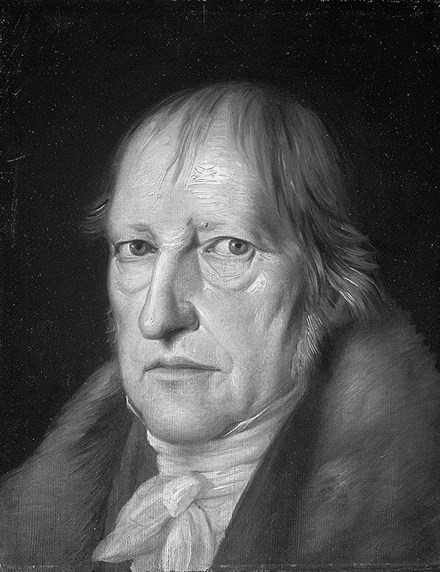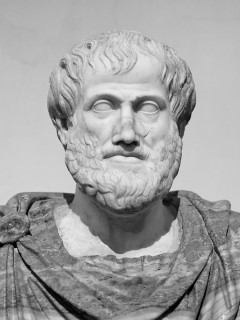

Truth in the philosophical sciences of society, politics, and history
pp. 98-128
in: Frederick Weiss (ed), Beyond epistemology, Berlin, Springer, 1974Abstract
To the question "what is truth?" Hegel replies (with Socrates and Aristotle and most other systematic thinkers of the West) that it is a ratio. He holds that it is not simple but composed, and that, in the pursuit of knowledge, it comes not among the first things, but among the last. More precisely: truth for Hegel is neither a subjective idea in itself nor an objective thing in itself, neither a universal abstractly conceived nor a particular empirically apprehended, but an adequate linking-together in reason (ratio) of thought and thing, universal and particular.




